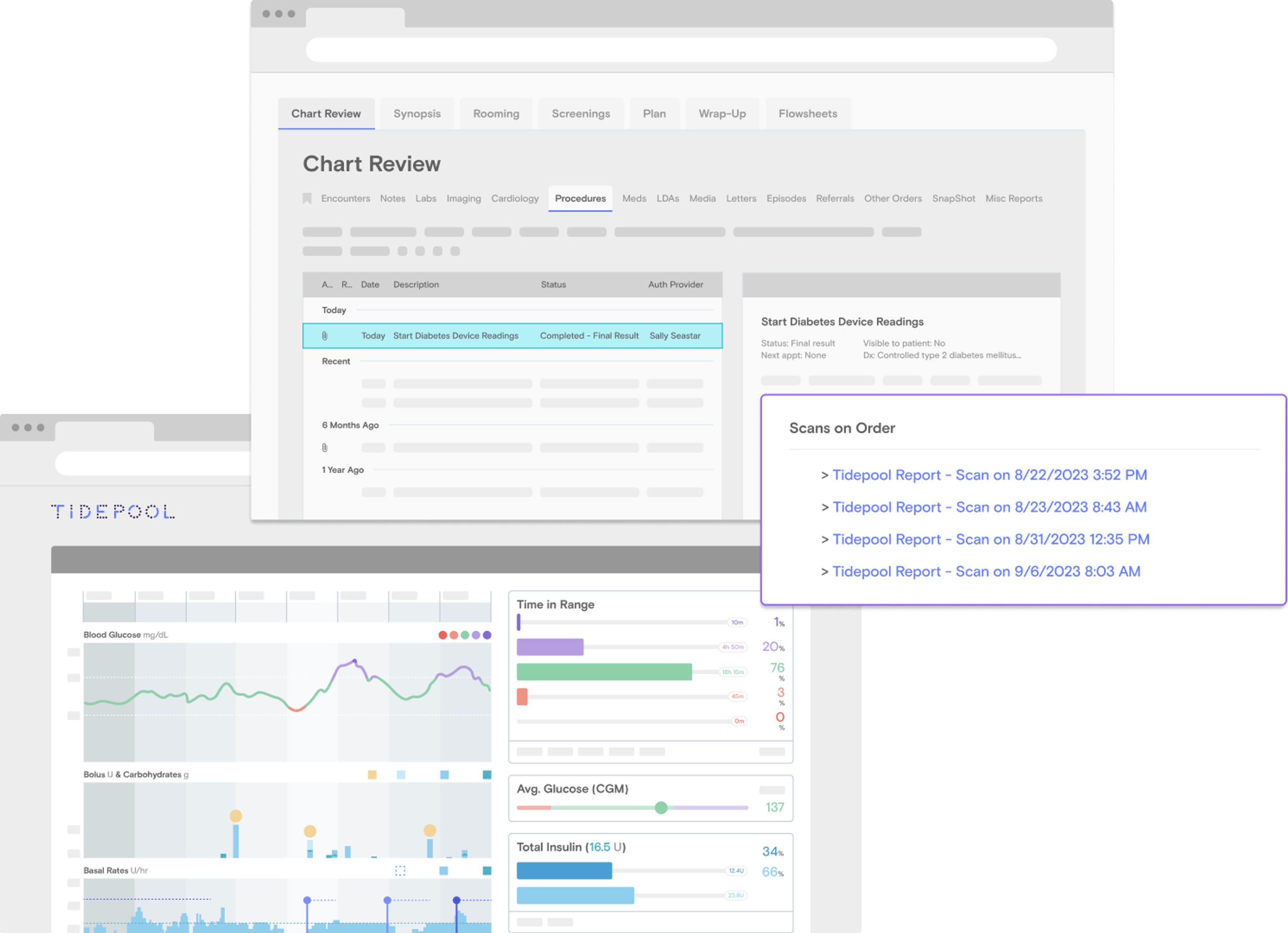Climate Change's Unexpected Victim: The Oatmeal Industry
Climate Change Threatens Oatmeal Industry: How Rising Temperatures Impact Sales and Potential Solutions
Oatmeal has been a popular breakfast item for centuries and can often be found in the pantries of many homes around the world. In recent years, however, hot summer temperatures due to climate change have had a drastic effect on oat futures. Farmers are increasingly struggling with decreased oatmeal sales due to the hot weather, and this has brought much attention to the issue. This article will discuss how climate change is contributing to the rising temperatures that impact oat futures, how farmers are being affected by a decrease in oatmeal sales, and potential solutions for farmers that could increase oatmeal sales despite hot summer temperatures.
Climate change is causing average global temperatures to rise rapidly compared to what they were historically. According to a study by Climate Central, average global temperature increased at a rate of 1.5°F per century between 1900 and 2000,while between 2000 and 2019 it increased at a rate of over 2°F per century. The resulting higher summer temperatures have had an unprecedented effect on oat futures as people are less likely to buy hot cereal in the summer months. As Marlowe Buchanon, executive director of grain marketing at North Dakota Farmers Union explained: “We’re seeing that there’s less demand for oats through June, July and August than there typically would be during those months…That directly impacts how much we use on pricing."
The decrease in oatmeal sales due to climate change-induced rising temperatures has had several negative effects on farmers. Most notably is the decrease in profit margins from their crops as demand drops while production costs remain unchanged or continue to rise. Furthermore, farmers who rely heavily on oats for their main source of income may struggle financially if they are not able to offset their losses with other crops or income sources. Additionally, the lack of demand for oats is causing surpluses that cause prices to plummet further which may leave some farmers unable to recuperate all of their investment costs from cultivating oats.
The good news is that there are several possible solutions that may help offset some of these losses faced by farmers due to lower demand for oatmeal in the summer months. First off, educating consumers about the benefits of eating oats regardless of weather conditions can help drive more sales when it's hot outside. Additionally, new products such as cold oatmeal or overnight oats may appeal specially during warmer times of year as they require no cooking time and can even be consumed cold or at room temperature - a great way for people who don't prefer warm cereal in hot weather enjoy oats nonetheless! Finally, government subsidies may help mitigate some financial losses faced by farmers due too decreased oatmeal sales during summer months as it could create an artificial increase in demand which may help offset some losses due to climate change-induced high temperatures reducing natural demand for oats.
In conclusion, climate change is having an unprecedented effect on oat futures through decreased oatmeal sales during hot summer months. Farmers are feeling this pressure through decreased profits and surpluses caused by low prices due lack of natural demand which can put them in an unsustainable financial situation if not properly compensated with other income sources or government subsidies. Fortunately, there are several solutions proposed suchas consumer education about the benefits of eating oatmeal regardless of weather conditions, new products such as cold or overnight oats specifically designed for warmer times of year ,and potential goverment subsidies that may help mitigate somw financial losses faced due to reduced natural demand caused by high summer temperatures brought about by climate change








